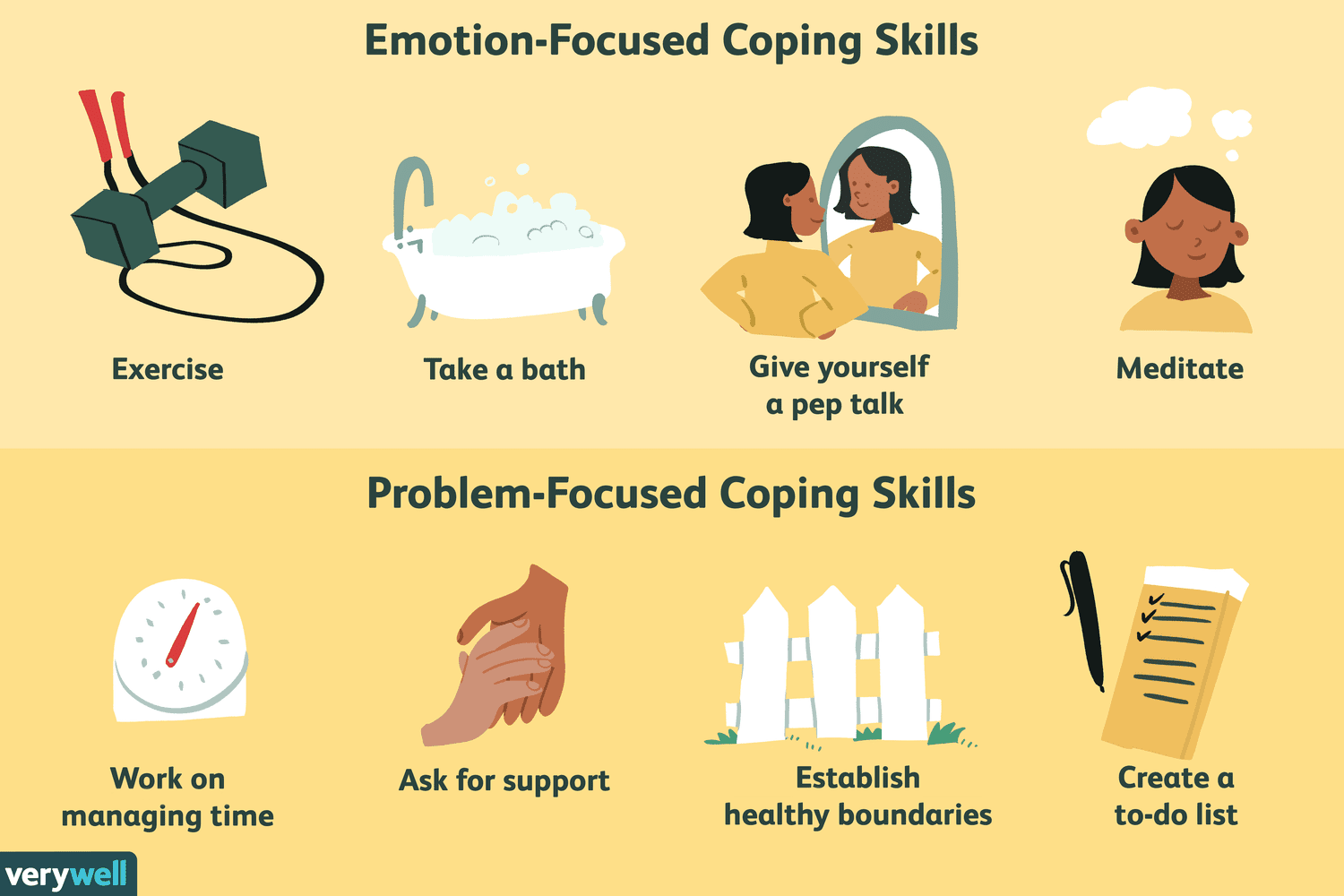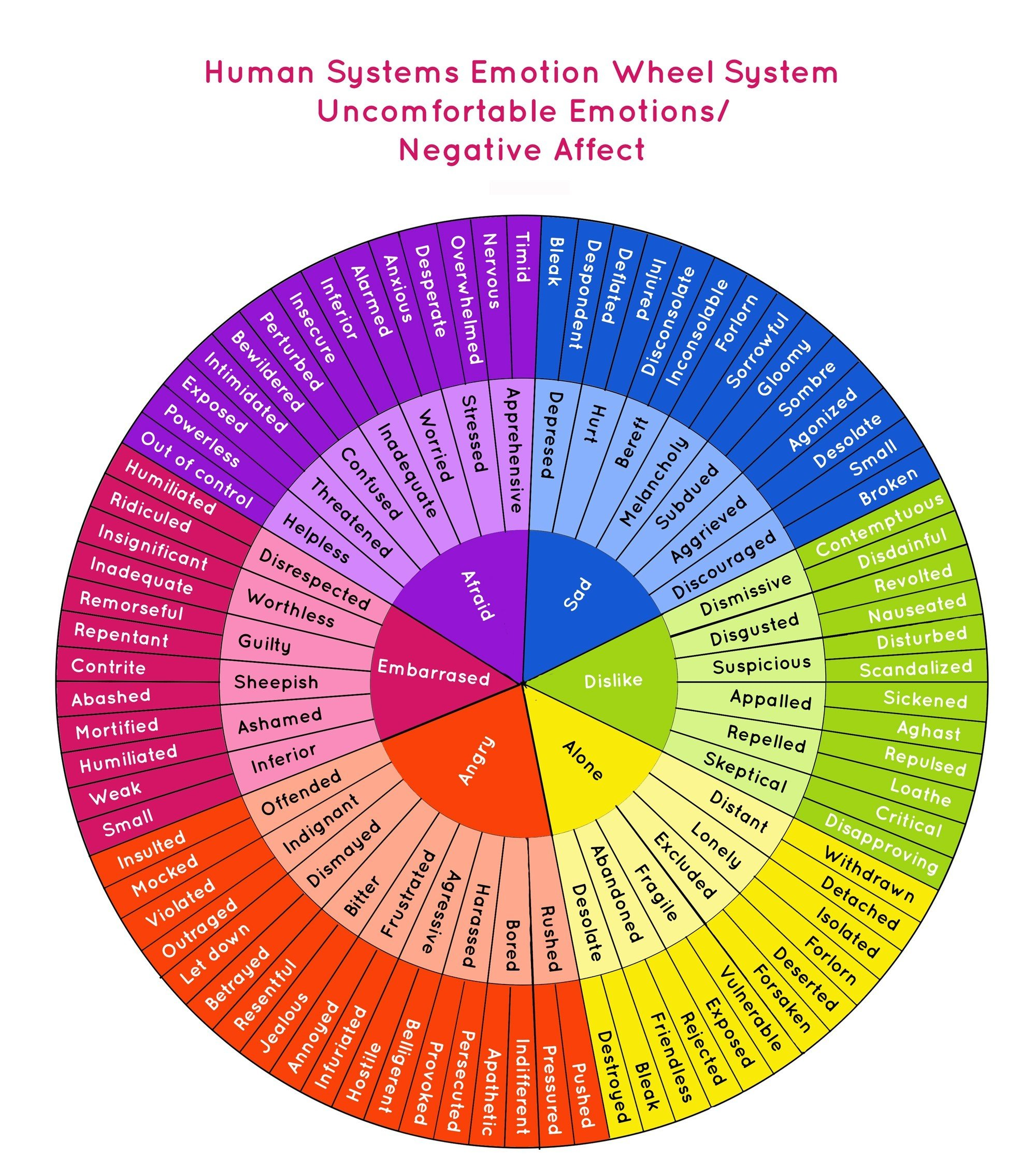2023-02-12
# Psychology and Personal Growth
#psychology #personaldevelopment #mentalhealth Module 2.2: Stress, Mental Health, and Flourishing
# Emotional Hygeine
How to practice emotional hygeine
We have medicine cabinets for common physical injuries like cuts and colds but no toolkits for common psychological injuries such as failure, rejection, guilt, and loss. In his inspirational talk, Guy Winch tells us that ==“you can’t treat a psychological wound if you don’t know you’re injured”.== Guy teaches us a lesson on why it is so important to practice emotional hygiene.
- Types of Psychological Wounds
- Loneliness
- Loneliness creates a deep psychological wound – one that distorts our perceptions and scrambles our thinking.
- It makes us believe that those around us care much less than they actually do.
- It makes us really afraid to reach out because why set yourself up for rejection and heartache when your heart is already aching more than you can stand?
- Happens even when you’re surrounded by people. Why? Loneliness is defined purely ==subjectively.==
- It depends solely on whether you feel emotionally or socially disconnected from those around you
- Loneliness can kill you
- It’s important to ==pay attention to emotional pain== because psychological wounds are also capable of killing you. But you can’t treat them if you don’t know that you’re injured in the first place.
- Loneliness creates a deep psychological wound – one that distorts our perceptions and scrambles our thinking.
- Failure
- We all have a ==default set of feelings and beliefs== that gets triggered whenever we encounter frustrations and setbacks
- Our mind is hard to change once we become convinced
- So it might be very natural to feel demoralized and defeated after you fail but you cannot allow yourself to become convinced you can’t succeed
- You have to fight feelings of helplessness you have to gain control over the situation and you have to break this kind of negative cycle before it begins
- Rejection
- Cards/Stop emotional bleeding
- Our minds and feelings aren’t as trustworthy as we’d like them to be
- After a rejection, we usually start thinking of all our faults and all our shortcomings, what we wish we were, what we wish we weren’t…
- Our self-esteem is already hurting; why would we want to go and damage it even further?
- We exacerbate our psychological injuries because of poor emotional hygeine
- Instead, the first thing you should be doing after a rejection is ==reviving your self-esteem==
- Cards/Stop emotional bleeding
- Ruminate
- Protect your self-esteem
- When you’re in emotional pain, you have to ==treat yourself with the same compassion== you would expect from a truly good friend
- We have to catch our unhealthy psychological habits, one of which is rumination (a.k.a. replaying/dwelling on upsetting events)
- Spending so much time on negative thoughts makes you more vulnerable to alcoholism, depression, eating disorders, etc.
- Studies show that even a two-minute distraction is sufficient to break the urge to ruminate in that moment.
- Protect your self-esteem
- Loneliness
- Takeaway: by taking action when you’re lonely, by changing your responses to failure, by protecting your self-esteem, by battling negative thinking, you won’t just heal your psychological wounds – you will build ==emotional resilience.==
# Stress
While emotional hygiene is something that happens within us, stress is something that happens to us from without. Thus, it would also be good to talk about stress–but in a different and more constructive way: How to make stress your friend | Kelly McGonigal
Stress. It makes your heart pound, your breathing quicken and your forehead sweat. But while stress has been made into a public health enemy, new research suggests that stress may only be bad for you if you believe that to be the case. Psychologist Kelly McGonigal urges us to see stress as a positive, and introduces us to an unsung mechanism for stress reduction: ==reaching out to others.==
- Mindblowing study insights
- ==People who experienced a lot of stress but did not view stress as harmful== were no more likely to die; in fact, they had the lowest risk of dying of anyone in the study, including people who had relatively little stress.
- 182 000 americans died prematurely not from stress but from the ==belief== that stress is bad for you.
- When you change your ==mind== about stress, you can change your ==body’s response== to stress.
- Oxytocin
- also known as ==“the cuddle hormone”== because it is released whenever you hug someone
- oxytocin is a neurohormone it fine-tunes your brain’s social instincts it primes you to do things that strengthen close relationships
- oxytocin makes you crave physical contact with your friends and family itenhances your empathy it even makes you more willing to help and support the people you care about
- What most people don’t know: oxytocin is a stress hormone
- when oxytocin is released, it is motivating you to seek support. Your biological stressresponse is nudging you to tell someone how you feel instead of bottling it up. Your stress response wants to make sure you notice when someone else in your life is struggling so that you can support each other when life is difficult. Your stress response wants you to be surrounded by people who care about you.
- oxytocin doesn’t only act on your brain it also acts on your body and one of its main roles in your body is to protect your cardiovascular systemfrom the effects of stress
- Your stress response has a built-in mechanism for stress resilience and that mechanism is ==human connection==. Human connection is the built-in mechanism for stress resilience
- Takeaways
- When you choose to view your stress response as helpful, you create the ==biology of courage==
- When you choose to connect with others under stress, you can create resilience. Caring creates resilience.
# Emotional Hygeine and Stress Lecture
https://www.youtube.com/watch?v=Ny2L2aWCZQc
- Habits
- Habit loop
- when when we’re swimming in our loneliness, it has its own reward.
- you have agency as well; you have the power as well to make changes with the things that you are able to control
- Loneliness, rejection, and rumination are our ==“routines”== for particular cues:
- being alone at home
- getting zero in a quiz
- getting embarassed at class
- “But it’s good that you made a mistake, so that all of us will learn”
- “You should be proud because you help the class learn something by telling us what we do not know”
- Procrastination
- Is it rooted in laziness?
- I don’t want to do it yet.
- I’ll have time later to do it.
- I’m scared to write things down.
- Procrasination can be a habit as well
- procrastination is not typically a function of laziness, apathy or work ethic as it is often regarded to be; it is a ==neurotic self-defense behavior that develops to protect a person’s sense of self-worth==. Procrasination is a self-defense mechanism
- procrastinators tend to be people who have for whatever reason develop to perceive an unusually strong association between their performance and their value as a person
- his makes failure or criticism disproportionately painful which leads naturally to hesitancy when it comes to the prospect of doing anything that reflects their ability which is pretty much everything
- but you can’t constantly avoid doing things in real life
- procrastination gives a person atemporary hit of relief from this pressure of having to do things which is a self-rewarding behaviorso it continues and becomes the normal way to respond to these pressures
- Is it rooted in laziness?
- Think of our reactions to stress as habits
- Stress sources
- Academic
- Relationships
- Finance
- Health
- Society and government
- How to cope?
- Coping can happen in two ways: emotion-focused v.s. problem-focused
- Problem-focused coping involves handling stress by facing it head-on and taking action to resolve the underlying cause. Emotion-focused coping involves regulating your feelings and emotional response to the problem instead of addressing the problem.

- Knowing how we’re feeling can help us in dealing with it…see the Emotion Wheel
- Coping can happen in two ways: emotion-focused v.s. problem-focused
